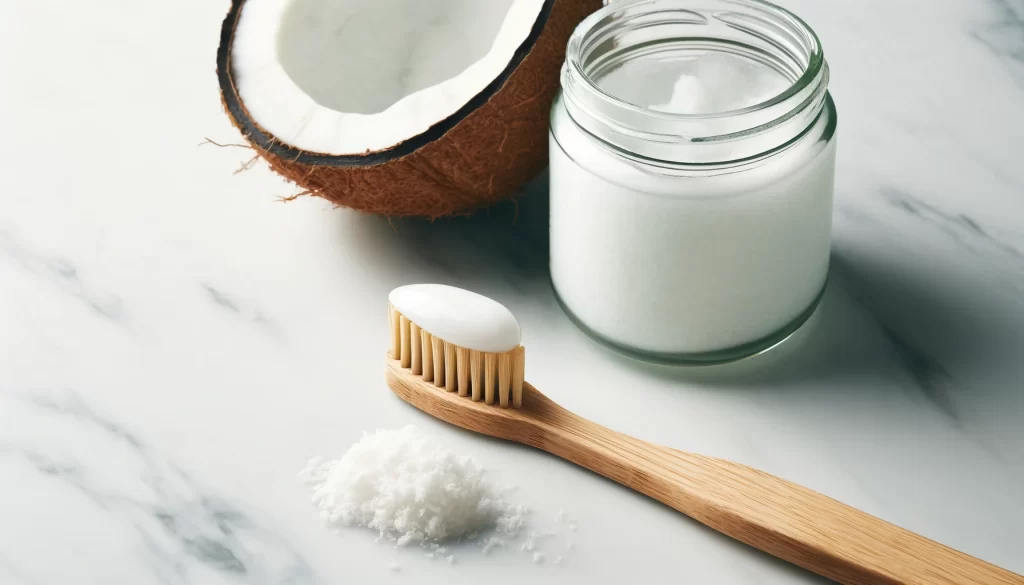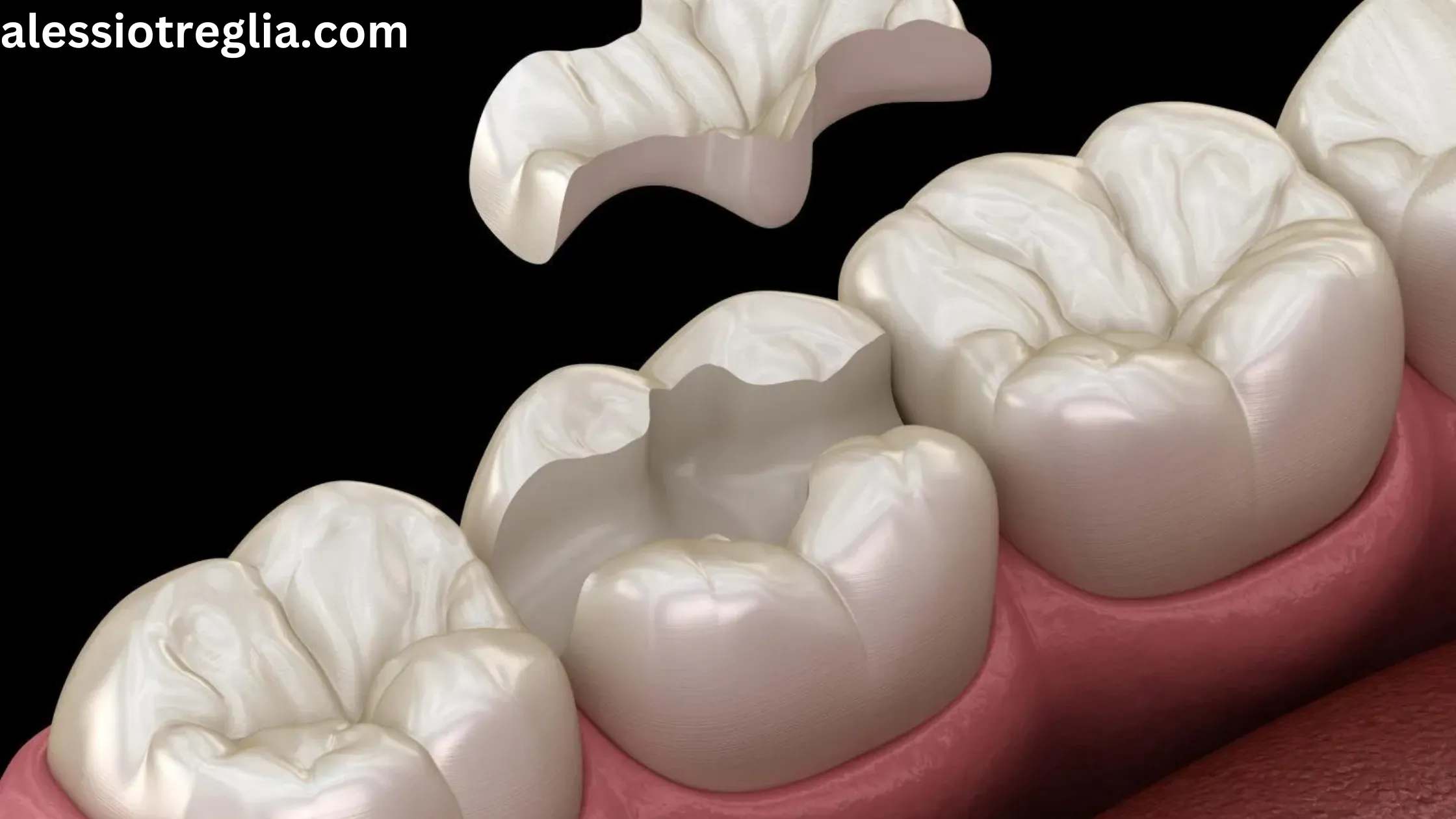Can You Brush Your Teeth with Coconut Oil? Discover the Astonishing Truth
Table of Contents
Can you brush your teeth with coconut oil? This question has sparked curiosity and debate among many looking for natural alternatives to traditional dental care. With the rise of natural health trends, coconut oil has gained popularity for its benefits. But does it work? In this article, we will explore the astonishing truth behind using coconut oil tobbrushth. We’ll explore its potential benefits, science, and whether it’s a suitable replacement for your regular toothpaste.
What Is Coconut Oil?

Coconut oil is a natural oil extracted from the meat of mature coconuts. It’s rich in saturated fats, primarily lauric acid, with known antimicrobial properties. For years, coconut oil has been used in cooking, skincare, and hair care. But can you brush your teeth with coconut oil? Let’s explore the idea further.
How Does Coconut Oil Work for Oral Health?
Antimicrobial Properties of Coconut Oil
One of the key reasons why people wonder if you can brush your teeth with coconut oil is because of its antimicrobial properties. Lauric acid, found in coconut oil, is effective against harmful bacteria in the mouth, including Streptococcus mutans, which is responsible for tooth decay. By reducing the levels of these bacteria, coconut oil may help prevent cavities and promote better oral health.
Coconut Oil and Plaque Reduction
Can you brush your teeth with coconut oil to reduce plaque? The answer might be yes. Plaque is a sticky film of bacteria that forms on your teeth and gums. Studies suggest that coconut oil can help reduce plaque buildup, leading to healthier gums and fewer dental issues.
The Practice of Oil Pulling

Oil pulling is an ancient Ayurvedic practice where you swish oil around your mouth for 15-20 minutes. Coconut oil is commonly used for this purpose. But can you brush your teeth with coconut oil instead of just swishing? Oil pulling with coconut oil reduces bacteria, freshens breath, and even whitens teeth. However, brushing your teeth with it is a more direct way to apply its benefits to your dental routine.
Benefits of Brushing Your Teeth with Coconut Oil
Natural and Chemical-Free
Can you brush your teeth with coconut oil if you’re looking for a natural alternative? Absolutely! Coconut oil is accessible from many commercial toothpaste products that contain harsh chemicals and artificial ingredients. It offers a gentle and soothing option for those with sensitive teeth or allergies.
Potential Whitening Effects
Can you brush your teeth with coconut oil to whiten your teeth? While coconut oil may not have the same whitening power as peroxide-based products, some people have reported a mild whitening effect with consistent use. The oil’s ability to reduce plaque and surface stains might contribute to a brighter smile over time.
Moisturizing and Healing Properties
Coconut oil is known for its moisturizing properties, making it an excellent choice for those with dry mouths or gum irritation. Can you brush your teeth with coconut oil to soothe your gums? Yes, its soothing effect can help reduce inflammation and promote gum health.
Are There Any Risks or Downsides?
Lack of Fluoride
One significant consideration is that coconut oil lacks fluoride, which is essential for strengthening tooth enamel and preventing decay. Can you brush your teeth with coconut oil and protect them from cavities? Without fluoride, your teeth might not get the protection they need, so it’s essential to consider this if you’re considering replacing your regular toothpaste entirely.
Limited Evidence
While many anecdotal reports and some studies suggest that coconut oil can benefit oral health, the scientific evidence is still limited. Can you brush your teeth with coconut oil based solely on this evidence? It’s always a good idea to consult a dentist before significantly changing your oral care routine.
Also Read: Hypnotic Suggestion Techniques Ebony Masterfully Uses to Dominate Minds
How to Brush Your Teeth with Coconut Oil
Step-by-Step Guide
- Take a Small Amount of Coconut Oil: Scoop out a teaspoon of coconut oil. It will start as a solid but will quickly melt in your mouth.
- Brush as Usual: Use your toothbrush to brush your teeth like regular toothpaste. Ensure you cover all areas of your mouth, including your teeth’ front, back, and chewing surfaces.
- Rinse Thoroughly: After brushing, spit out the coconut oil and rinse your mouth thoroughly with water. Coconut oil can clog pipes, so spitting it into a trash can rather than the sink is best.
- Optional Follow-Up: If desired, follow up with your regular toothpaste to ensure your teeth are thoroughly clean and protected with fluoride.
Frequency of Use
Can you brush your teeth with coconut oil every day? You can, but it might be best to use it with regular toothpaste rather than as a complete replacement, especially if you’re concerned about missing out on fluoride.
So, can you brush your teeth with coconut oil? The answer is yes but with some considerations. Coconut oil offers several potential benefits, including antimicrobial properties, plaque reduction, and a natural, chemical-free option for those seeking an alternative to traditional toothpaste. However, the lack of fluoride and limited scientific evidence may not be the best choice as a sole replacement for conventional toothpaste.
For those interested in natural health alternatives, incorporating coconut oil into your oral care routine can be beneficial. Coconut oil can complement your dental hygiene practices, whether through oil pulling or direct brushing. But to ensure your teeth remain solid and cavity-free, it’s wise to continue using fluoride toothpaste alongside coconut oil.
By understanding the pros and cons, you can decide whether coconut oil is right for you. And with regular dental check-ups and a balanced approach to oral care, you can enjoy the best of both worlds.



